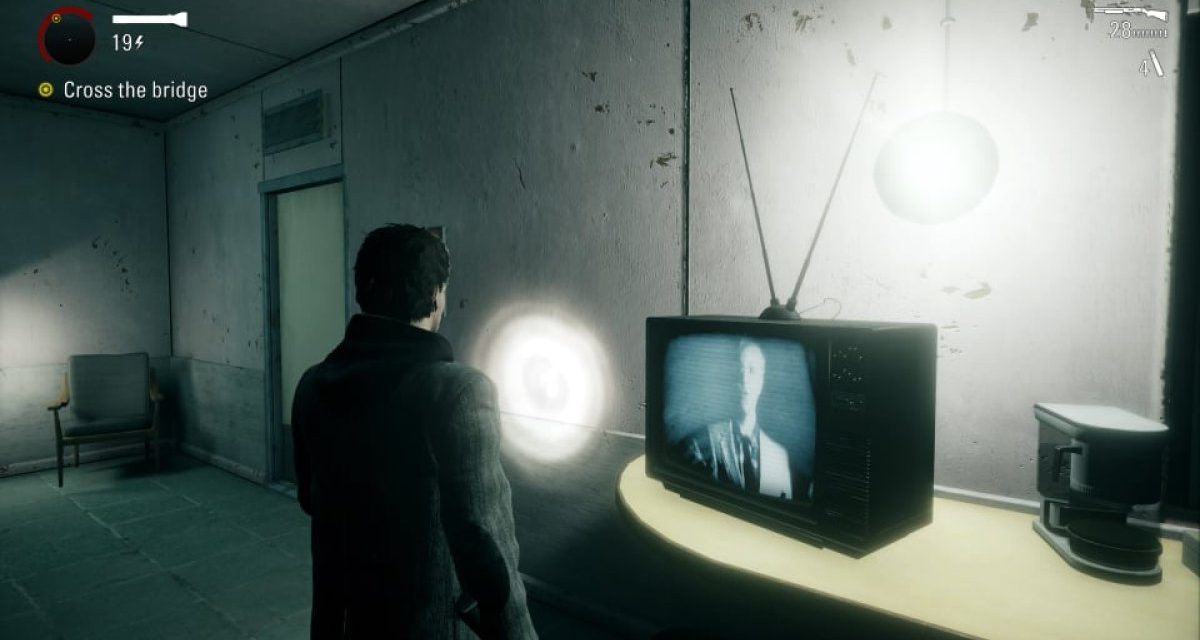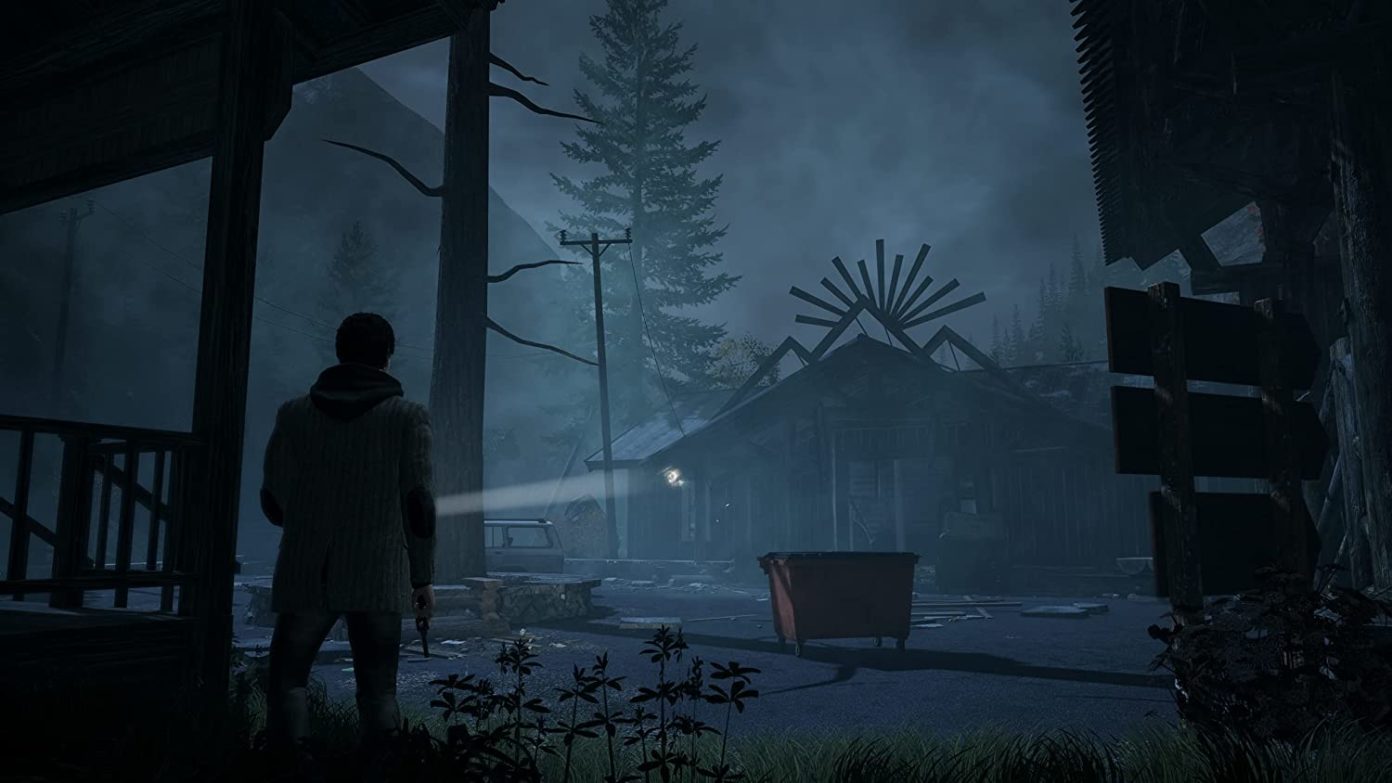Video games have always had a tremendous impact on the transmission of culture, becoming a medium through which the younger generation internalizes and conveys specific values. The world and characters of video games have become so alive they influence fashion trends, music culture, language, and numerous cultural dynamics, continuing to challenge traditional forms of entertainment and storytelling. This impact is driven by factors such as increased accessibility and the growing mainstream appeal of gaming culture, with a valuation projected to reach over $691 billion by 2029.
Furthermore, AI and blockchain are revolutionizing the gaming industry with personalized experiences and secure transactions, fostering a space where players are benefiting from exciting innovations and heightened transparency. Although the cryptocurrency landscape and subjects related to Bitcoin and Dogecoin price are the talk of the century, video games remain as relevant as they have always been, only that better. AI allows players to act more realistically and enhance the experience of gaming itself. At the same time, blockchain ensures that records and transactions cannot be manipulated, thus elevating the safety of in-game purchases.
Numerous video games are launched on a daily basis, diversifying game genres to meet evolving player demands. They are becoming more flexible and modular, incorporating new trends and player preferences without revamping the entire game. To benefit from an existing fan base and familiarity with the source material, countless games are now based on popular TV series. Players can easily recognize settings, storylines, and characters, making it easier for developers to market the game while effectively engaging with it. To demonstrate the potential for unmatched entertainment when immersing yourself in the video game industry, this article aims to discuss video games based on TV series that never fail to fascinate the audience.
Image source: Freepik
South Park: The Fractured But Whole
South Park: The Fractured But Whole was released in October 2016, and it is working on platforms such as Windows, PlayStation4, Xbox One, and Nintendo Switch. Based on the American animated facetiousness South Park, this video game involves the story of the New Kid, who has recently moved to South Park and is able to freely interact with other characters, undertake quests, and access new areas once while gradually progressing through the main story. This game replicates the aesthetic of the television series, being played from a 2.5D third-person perspective. The plot involves a conspiracy of crime raised in town, bringing the superheroes into conflict with the villains, engineered monsters, the police, and the kingpin of crime.
Grey’s Anatomy: The Video Game
Grey’s Anatomy: The Video Game was released in March 2009 for platforms such as Windows, Wii, and Nintendo DS. The game’s plot originates from a real storyline from the fourth season of the medical melodrama Grey’s Anatomy, revolving around an outbreak of diphtheria. The characters are forced to remain in the hospital, being in charge of various medical procedures such as surgeries or controlling breathing with a rhythm game. Love is also in the air as each of the main characters deals with their subplot, whether focusing on a serious relationship or seducing someone else.
This gamer emphasizes the dramatic elements of a hospital setting, picturing this environment exactly as real as it is, with numerous personal relationships, conflicts, and intense moments. It could be a fun and engaging experience for medical students. However, we should mention that the game’s fictionalized scenarios should not be taken as reliable or accurate resources for students’ education.
Desperate Housewives: The Game
The show Desperate Housewives was a considerable success. It is known for its dark humor, mystery, suspense, complex characters, and superbly acted all-female lead cast. Consequently, everyone had trouble believing this game actually exists, including us. It simply feels too good to be true. Desperate Housewives: The Game was released in 2006, allowing players to become new residents of Wisteria Lane and interact with the show’s iconic characters while uncovering their secrets. Players can choose their character, appearance, and even their home décor, encountering opportunities to build friendships or rivalries, gossip, get involved in romantic relationships, and delve into the neighborhood’s mysteries.
As this show is widely considered a cultural icon, playing the game will always be a good idea.
The Simpsons: Hit & Run
Based on the American animated sitcom, The Simpsons game was released in 2003, following the storyline of the Simpsons family and their friend Apu Nahasapeemapetilon. The game mainly focuses on adventurous exploration and adrenaline-fueled missions, featuring strange incidents that occur in Springfield. Throughout the game, there are plenty of security cameras, mysterious vans, and crop circles, emphasizing creative elements, unique character abilities, and satirical humor. For instance, Buzz Cola plays a significant role in the game’s plot, as it features a new formula, one that brainwashes residents and reanimates the dead. Kang and Kodos, aliens by their nature, spread the Buzz Cola through the water supply, all to drive Springfield’s inhabitants insane and destroy the town.
The Walking Dead: The Game
The Walking Dead: The Game is an episodic adventure video game that was launched in 2012. It follows the story of a convicted criminal called Lee Everett, who becomes the guardian of a young girl amidst a zombie apocalypse occurring in Georgia. This game centers around player choice and character-driven storytelling rather than focusing on pre-established action. Dialogue choices and actions influence the direction where the story goes, offering players creative freedom and the opportunity to learn that some choices come with consequences that last.
Concluding Remarks
Let this article be an invitation to embrace the warm, nostalgic glow these games offer, not just as a retreat into the past, but as a reminder of what playfulness, curiosity, and community once felt like. In this new era, where digital landscapes are evolving and ownership is being redefined through blockchain and crypto, perhaps it’s worth asking: can nostalgia be more than a feeling? Can it become a token of value, a collectible, a shared legacy on the chain? The next generation of retro-inspired games may not just live in memory, but in your wallet too.





![[Rumor] Asus ROG Ally: AMD Z1 model will cost $599 and Z1 Extreme at $699](https://vgleaks.com/wp-content/uploads/2023/05/ROG-Ally-440x264.jpg)





![[Rumor] GTA 6 to be digital-only at launch… to avoid story spoilers](https://vgleaks.com/wp-content/uploads/2024/03/gta-6-150x150.jpg)
![[Rumor] Resident Evil: Code Veronica remake could be announced this year and launch in 2027](https://vgleaks.com/wp-content/uploads/2026/01/resident-evil-code-veronica-150x150.jpg)

